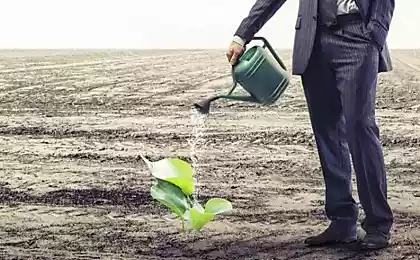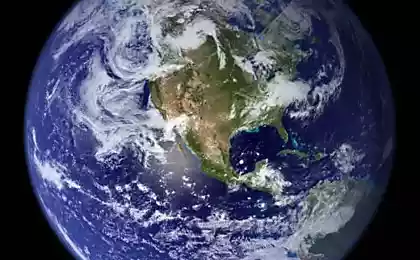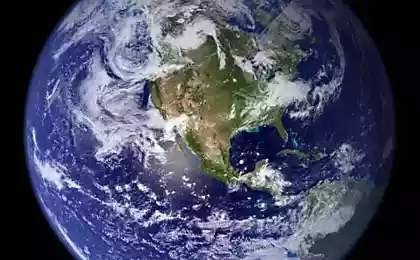178
Green Living Without Bigotry: Simple Habits That Help the Planet

Introduction. An eco-friendly lifestyle is not only a call to give up everything we know, but also an opportunity to wisely approach the habits that shape our daily interaction with the environment. The concept of “careful planet” has long gone beyond the rare act of planting a tree or a one-off action to collect garbage on the banks of a river. Today, it means a whole range of habits that can collectively significantly reduce our ecological footprint. Most importantly, you don’t have to become an activist or a fanatic who has turned every little thing into an “eco or nothing” motto. In this article, we will discuss a few simple and affordable life hacks that, when implemented in your daily routine, will help you make a real contribution to environmental protection.
Why it is important to act now
According to the Intergovernmental Panel on Climate Change (IPCC), global warming is progressing quite rapidly, and even small efforts by each of us can affect the pace of this process. “Point of no return,” a term that has become commonplace in the media, actually means the moment when the climate system starts working against us. Prevention of environmental problems is always more effective than fighting the consequences. Therefore, conscious consumption of resources and the formation of ecological habits are beneficial not only to nature itself, but also to humanity in the long term.
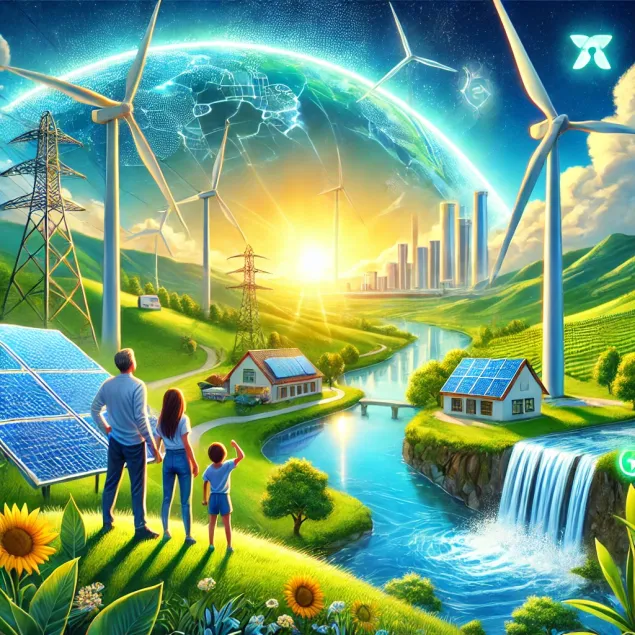
The main part: simple eco-life hacks for every day
1. Water management
Water is considered a basic necessity, and we rarely think about its limitations. However, there are many countries and regions where there is still a shortage of drinking water, which means that there is a growing need for conscious consumption.
- Close the faucet while brushing your teeth: According to the World Wildlife Fund (WWF), this can save tens of liters of water per week.
- Use economical nozzles on taps and showers: Aerators help to reduce water consumption without reducing comfort.
- Collect the rainwater: If you live in a private house, this practice is suitable for watering plants and household needs.
2. Energy conservation without radicalism
According to the International Energy Agency (IEA), reducing electricity consumption at the household level can make a huge contribution to reducing the human impact on the climate. You don’t have to sit in the dark or give up technology.
- Use LED lamps: They consume less energy and last longer.
- Turn off the sockets: In standby mode, many devices continue to consume electricity.
- Cook wisely: Choose dishes with a thick bottom, sealed covers and optimally choose the temperature for cooking and frying.
3. Mindful eating and reducing food waste
Every year, up to 1/3 of the world’s food is thrown away – a figure that seems paradoxical against the backdrop of starving regions and rising food prices. You can reduce losses without serious restrictions on the menu.
- Plan the menu in advance: The list of products helps to avoid unnecessary purchases and throwing away expired food.
- Freeze the residues: Instead of throwing away the uneaten, keep the food in the freezer for the future.
- Be careful with the markings: “Sold before” and “Sold before” are different concepts. Often the product after "sold before" is still usable.
4. Reasonable consumption and the second life of things
The problem of overproduction is exacerbated by rapid consumption and the tendency to constantly update the wardrobe and gadgets. But waste inevitably leads to excessive resource extraction and waste generation.
- Try to buy things from quality materials: Durability is synonymous with sustainability.
- Repair and remodel: Before you throw it away, consider whether you can give the old thing a second life.
- Support second-hand and sharing services: Renting or sharing things is a great alternative to new purchases.
5. Sorting waste without tedious schemes
Many refuse to sort garbage, considering it too difficult process. However, more and more convenient containers and recycling services are emerging that simplify the task.
- Start with the basic sorting: Separate plastic, paper, glass from common waste. Categories can be gradually expanded.
- Clarify the rules of sorting in your region: Somewhere you can throw different types of plastic in one container, and somewhere you need to separate them.
- Dispose of hazardous waste separately: Batteries, lamps and electronics require special treatment.
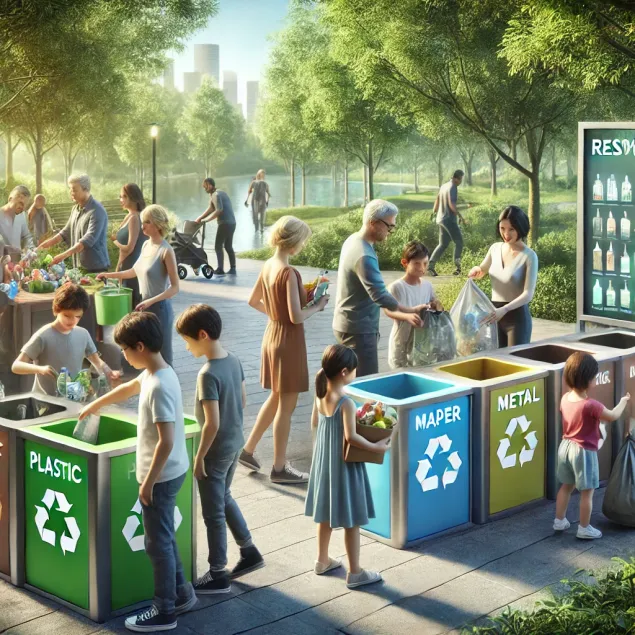
6. Sustainable transport
Switching to greener modes of transport is one of the most effective ways to reduce greenhouse gas emissions. Even if you do not have the option to completely abandon the car, you can make a number of changes:
- Combine the trips: Try to do everything in one trip, saving time and fuel.
- Walk and use your bicycle: not only saving resources, but also excellent physical activity.
- Use car sharing or public transport: Public transport helps to unload roads and reduce total fuel consumption.
Conclusion: the path to eco-habit without extremism
Eco-friendly living does not have to mean rigid limits and sacrifices of comfort. Rather, it is a matter of conscious attitude to resources and understanding that our personal choices can shape the global environmental situation. By introducing these habits gradually, step by step, you can not only feel the satisfaction of your involvement in saving the planet, but also motivate others with your example.
Develop eco-skills so that they fit into your life painlessly. This is how environmental change becomes permanent, not temporary, fashion trends. Ultimately, our health and well-being are directly dependent on the state of the environment, and every effort, however small, to take care of nature is not wasted.
Take care of yourself and the planet, and let your awareness be the best contribution to the future we are making together today.
The Biggest Mistakes in Communication: How to Talk So We Can Be Heard
What happens to our brains when we learn new things?



